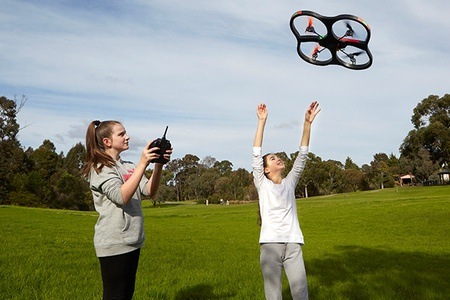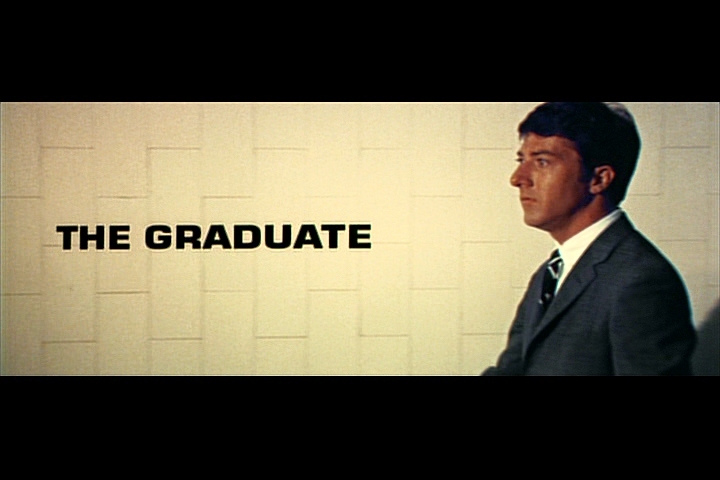Aerial drones (or unmanned aerial vehicles – UAVs) are destined to transform our world. Through industry, academia, recreation, sports, movies, transportation… they are a disruptive innovation that will be used in all of these areas.
If you loved computers or computer programming ten years ago, and were looking for a long term career path, what if someone has whispered the word “mobile apps” into your ear?
Looking back now, wouldn’t you have cherished that advice?
When I was doing some quiet reflecting about the current state of aerospace and aviation, I realized that it would be foolish to stay on the sidelines of the drone revolution.
If we project ourselves 10 – 20 years in the future, I believe there will be a lot of people in the aerospace and aviation fields (as well as robotics, automation, electronics, and sensors fields) who will be kicking themselves that they didn’t figure out how to get started with drones a lot sooner.
There’s a famous line in the famous 1967 movie “The Graduate” with Dustin Hoffman. He is graduating college, and a successful businessman gives him the secret to a long, prosperous career:
“plastics”
Yep, back in the 1960’s, plastics were poised to revolutionize a lot of industries. And they did. That was great advice that went to the college grad.
I’m here to whisper another word in your ear:
drones
But how to get started with drones?
Tip #7 for How To Be a Rocket Scientist is to use free and informal education resources.
There are so many of them available now on the web related to drones, it’s amazing! Podcasts, YouTube video channels, blogs, and more.
I’ve got a little experiment to help people at another website of mine, Engineer Your Innovation. I want to create a free product or guide for everyone who wants to do something with drones. I build a web page where you pick what kind of role you see yourself playing in the drone revolution, and then you’ll get something tailored just for you.
Would you give it a try here and tell me what you think? Even better, tell me what you would like to receive after you pick your role.
Here’s to many years ahead of being a successful rocket scientist – whether in space or in the air with drones!


That’s a smart way of looking at the world.
Thanks for reading and your compliment, Christiana! I hope it gave you a little smarter outlook on the world.